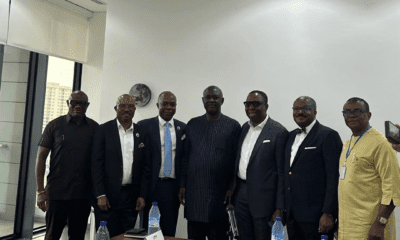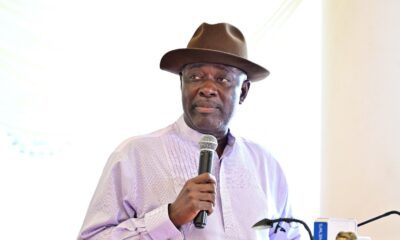Energy
FG secures pipelines with N12.43bn, pays IOCs $4bn
The Federal Government has so far paid $4.04bn to five international oil companies as cash call arrears repayment and has spent N12.43bn this year on pipeline protection and maintenance, it was learnt on Sunday.
Latest update on pipeline security/maintenance cost obtained from the Nigerian National Petroleum Company Limited showed that the N12.43bn was spent by the government through NNPC between January and June this year.
Figures from the oil company indicated that pipeline security/maintenance gulped N1.1bn, N368m and N2.61bn in January, February and March 2022 respectively.
The NNPC spent N498m in May and N8.35bn in June to secure and maintain its pipelines, while the firm subtracted N464m in April from the total amount during the review period.
Nigeria’s crude oil production has continued to slump due to the repeated vandalism of pipelines and attendant theft of humongous volumes of crude.
The N12.43bn spent in the first six months of this year to protect pipelines came as the oil company recently contracted the surveillance of its pipelines to a contractor, a development that elicited diverse reactions.
On August 30, 2022, NNPC said its award of multi-billion Naira pipeline surveillance contract to a former leader of the Movement for the Emancipation of Niger Delta, Government Ekpemupolo, popularly known as Tompolo, was the ‘right decision.’
The Group Chief Executive Officer, NNPC, Mele Kyari, had told journalists in Abuja recently that the decision was due to the need for Nigeria to hire private contractors to man its oil pipeline network due to a massive oil theft.
He said, “The security agencies are doing their part. end-to-end pipeline surveillance would require the involvement of private entities and community stakeholders.
“We need private contractors to man the right of way to these pipelines. So, we put up a framework for contractors to come and bid and they were selected through a tender process. And we believe we made the right decision.”
The pipeline surveillance contract is reportedly worth N48bn per year (N4bn per month), and several groups in the Niger Delta have raised concerns about the deal.
Last week, a renowned Niger Delta activist and Igba of Warri Kingdom, Chief Rita Lori-Ogbebor, said the pipeline surveillance contract should be revoked to avert impending war in the region, as various oppositions to the contract increased.
Lori-Ogbebor, who spoke to journalists in Abuja, argued that it was the responsibility of the Federal Government to manage the Niger Delta and not an individual or company.
She said, “We should be worried about what is happening in the Niger Delta currently, because that contract is causing tension in the region. I am calling on the entire world to what is happening in the Niger Delta. There is a drum of war in that region.
“There is a show of ammunition without fear. People show them without fear. I am urging the Federal Government to withdraw the contract from Tompolo because as the custodian of this country it cannot leave Niger Delta in the hands of few persons to manage.”
Meanwhile, latest figures from the national oil company on cash call arrears repayment indicated that the Federal Government, through NNPC, had so far paid $4.04bn to five of its joint venture international oil companies as at July 31, 2022.
Cash calls are sent by joint venture operators to non-operating partners for payment in the light of anticipated future capital, operating expenditures or the need for additional capital contributions.
The Federal Government, through the NNPC, has over the years, piled up unpaid bills, referred to as cash calls, which it was obliged to pay the IOCs with which it had joint ventures for oil exploration and production.
The government’s joint venture partners in this arrangement include: Shell Petroleum Development Company, Mobil Producing Nigeria, Chevron Nigeria Limited, Total Exploration and Production Nigeria, and Nigeria Agip Oil Company.
The report showed that the government had completely cleared its cash call debts to Mobil and Chevron, while a total $925.4m had been paid to Shell, leaving an outstanding balance of $447.12m.
Total payments to date (July 31, 2022) to Total and Agip by NNPC were $545.86m and $634.22m, while outstanding balances to the companies were put at $65.11m and $140.44m respectively.
The total renegotiated debt between the government and the five IOCs was 44.689bn, while $4.04bn has been paid so far, leaving a balance of $652.66m.
In 2016, the national oil company signed the cash call repayment agreements with the five IOCs to defray the cash-call arrears within a period of five years after many years of its indebtedness to JV partners.
Also, the government, through the Federal Ministry of Petroleum Resources, negotiated a discount with the five IOCs in December 2016.
The negotiations led to the reduction of the debt from about $5.1bn to $4.68bn, as the Federal Government, through NNPC, had since continued to reduce the debt payments in installments.
The government has received commendations for the repayment of the cash call arrears and has been encouraged to continue. Experts said the delay in settling the debts had contributed in slowing oil sector investments in Nigeria.
“You cannot owe me billions or millions of dollars and still want me to invest additional billions or millions in your country when I’m not sure of getting the money you owe,” a former President, Association of National Accountants of Nigeria, Dr. Sam Nzekwe, stated.
He, however, lauded the government for striving to clear the cash call arrears, adding that “this would mean well for the oil sector and would encourage investors to invest in the industry, though the sector has its own challenges at the moment.”
Energy
Diesel price stands at N1341.16 in March 2024 – NBS
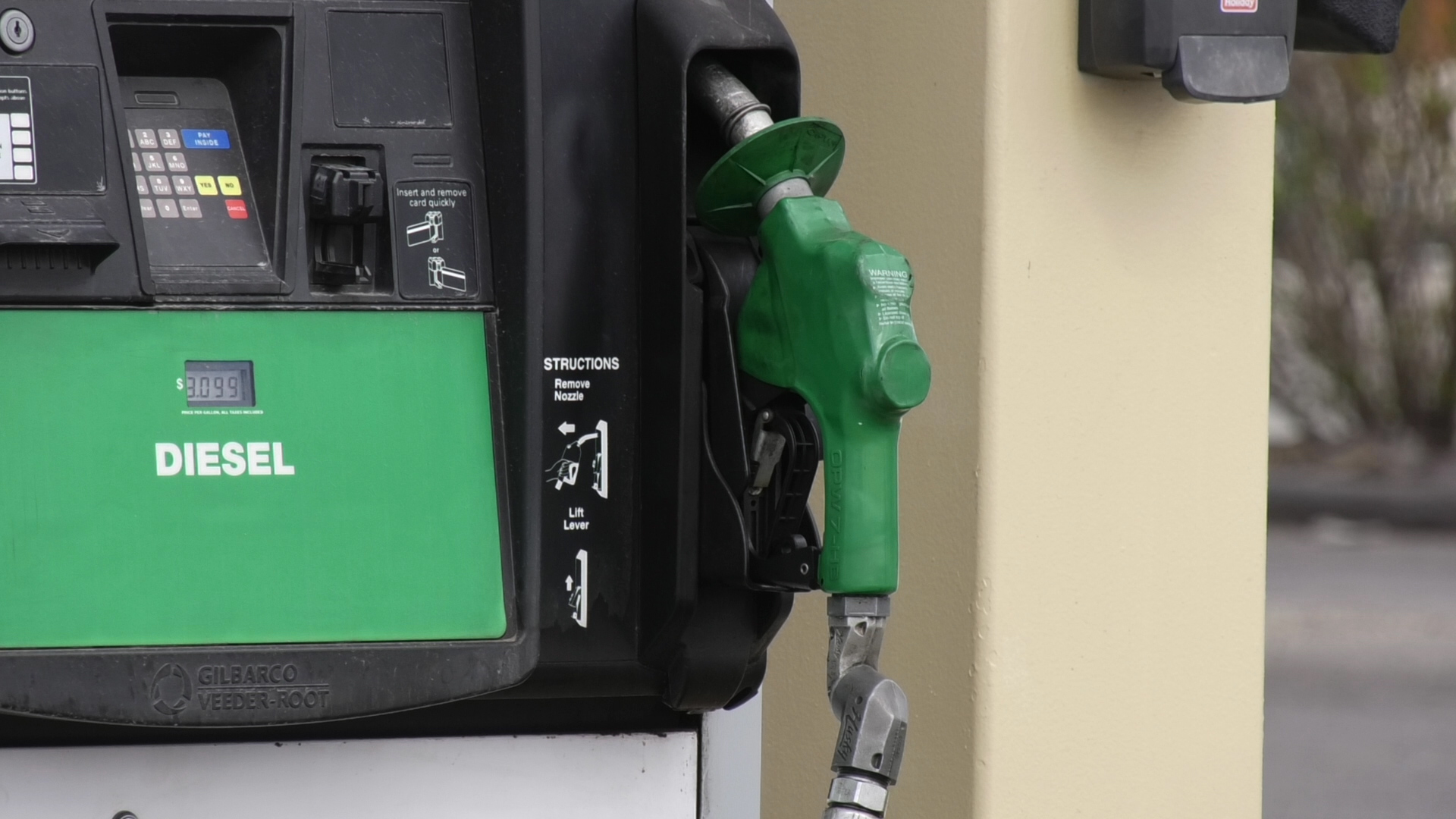

The National Bureau of Statistics (NBS) has said that the average retail price of a litre of diesel increased from N840.81 in March 2023 to N1341.16 in March 2024.
NBS stated this in its Diesel Price Watch for March 2024 released in Abuja on Thursday.
The report said that the March 2024 price of N1341.16 per litre amounted to a 59.51 per cent increase over the N840.81 paid in March 2023.
“On a month-on-month basis, the price increased by 6.69 per cent from the N1257.06 per litre recorded in February 2024,” it added.
On state profile analysis, the report said the highest average price of diesel in March 2024 was recorded in Edo at N1566.67 per litre, followed by Jigawa at N1533.33 and Cross River at N1532.71.
It stated that the lowest price was recorded in Plateau at N1067.25 per litre, followed by Niger at N1140.00 and Adamawa at N1175.
“In addition, the analysis by zones showed that the South-South had the highest price of N1419.35 per litre, while the North-Central recorded the lowest price at N1230.98.’’
Energy
TCN deploys technology to detect sudden drop in power generation
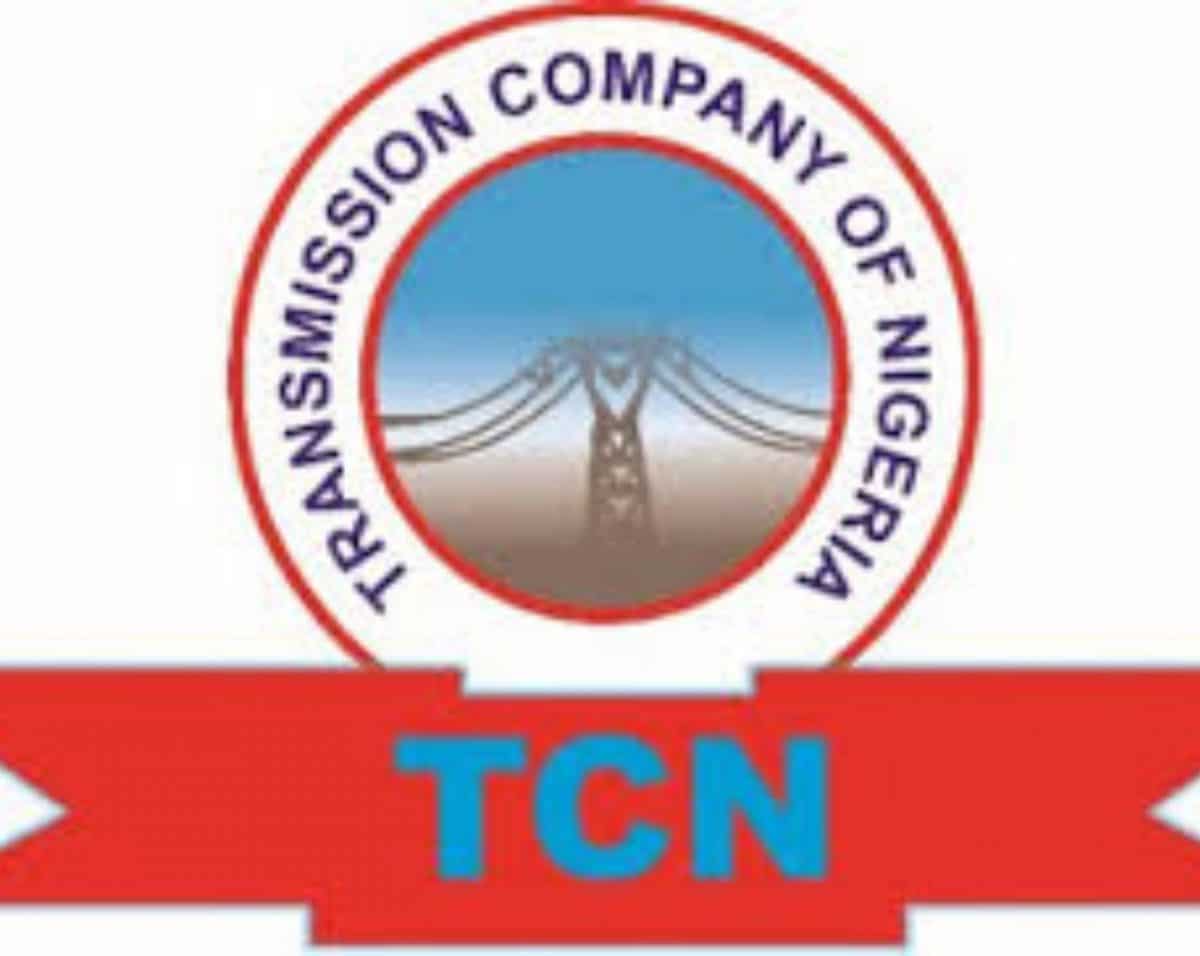

The Transmission Company of Nigeria (TCN) says it has deployed a Generation Dip/Loss Detection System (GLDS) which detects and responds to sudden drops or dips in power generation.
The General Manager, Public Affairs, TCN, Mrs Ndidi Mbah said in a statement in Abuja on Wednesday that the deployment of the GLDs was part of the company’s efforts to enhance grid management.
“As TCN continues to make efforts to enhance grid management, its engineers have recently deployed the GLDS which plays a pivotal role in detecting and responding to sudden drops or dips in power generation across the network.
“This innovation stands as a testament to TCN’s commitment to advancing grid management capabilities.
“Designed to empower the National Control Centre (NCC) in Osogbo, GLDS provides grid controllers in NCC with advanced tools for real-time monitoring and analysis of grid performance,” she said.
Mbah said that the GLDS intuitive interface allows for the setting of parameters, continuous monitoring of power generating stations, and comprehensive reporting functionalities, enabling swift responses to grid disturbances.
She said that the GLDS incorporates sophisticated data analytics and machine learning processes to analyse real-time data and identify patterns associated with sudden generation loss.
“By leveraging anomaly detection techniques, GLDS can promptly alert grid controllers on deviations from normal grid behaviour, facilitating proactive intervention to prevent widespread disruptions.
“TCN ensures seamless communication between GLDS and Internet of Things (IoT) cloud servers, enabling more rapid response and coordination of mitigation strategies.
“This connectivity underscores TCN’s commitment to enhancing grid resilience and ensuring the uninterrupted delivery of electricity to consumers across the country,” she said.
Mbah said that previously, TCN engineers had developed an in-house design that leverages IOT technology as an innovative solution in response to the challenge of limited visibility of power generators.
According to her, the IOT devices, which were strategically deployed across power stations and some substations, facilitate the collection of near real-time data, including power generation levels and grid performance metrics.
“The IOT enabled the expansion of visibility of power generating stations from 6 to 27, this has helped TCN significantly improve its ability to monitor grid load and identify potential issues before they escalate.
“Recently, the IOT device was also used to capture generation from Taopex GS and Zungeru Hydro Power Stations, bringing the total number of power stations visible to the national grid to 29.
“GLDS and the IOT represent a significant step forward in bolstering grid stability and reliability,” she said.
Mbah said that these initiatives would empower TCN’s grid controllers with the insights needed to proactively address challenges and minimise disruptions.
“As well as demonstrates TCN’s dedication to meeting the evolving demands Of the Nigerian Electricity Supply Industry (NESI),” she said.
Energy
FG, PETAN to collaborate on oil, gas development
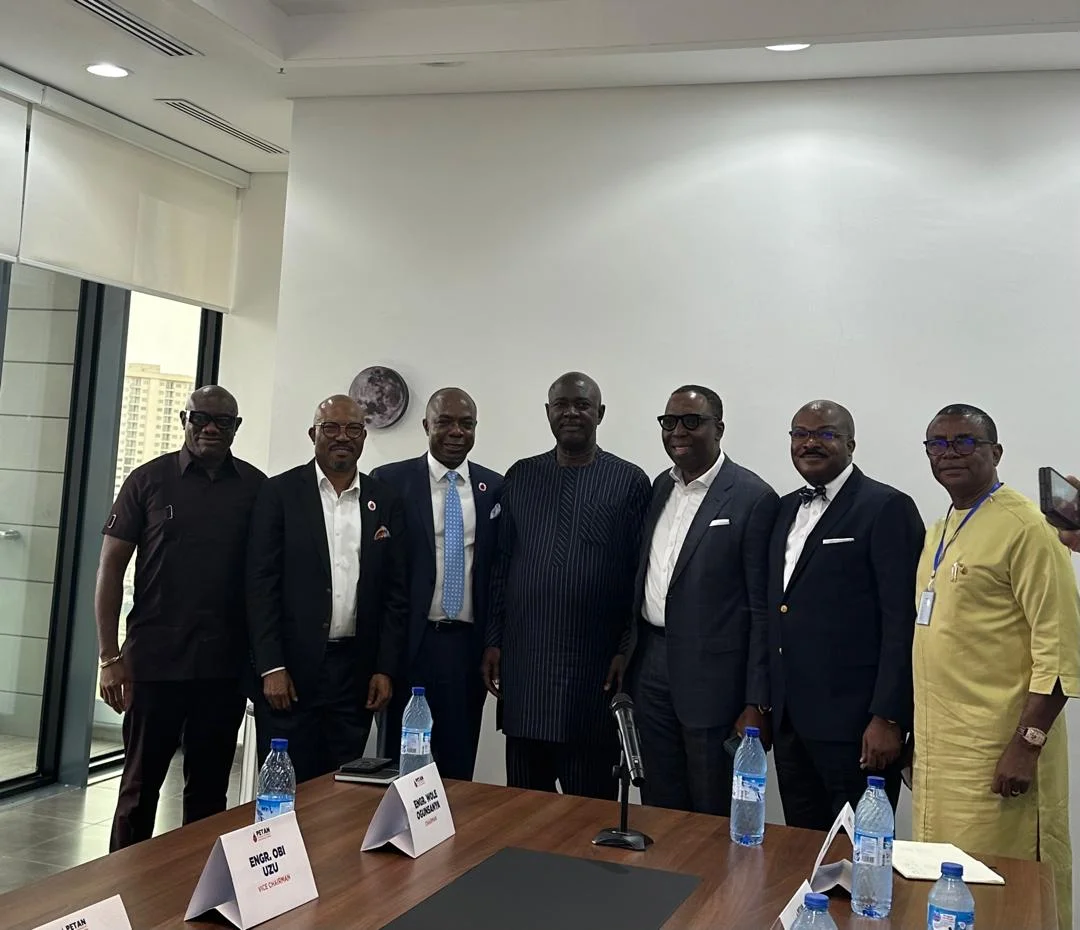

The Minister of State for Petroleum Resources (Oil), Mr Heineken Lokpobiri has expressed the Federal Government’s readiness to collaborate with the Petroleum Technology Association of Nigeria (PETAN) to increase the country’s oil production and revenue.
Lokpobiri said that the partnership became necessary to address the dwindling oil production and the need to drive investment in the nation’s oil and gas sector.
The minister gave the assurance during his visit to members of PETAN in Lagos on Wednesday.
Lokpobiri said that the federal government was putting up measures to restore oil production, adding that there is a need for the ministry and PETAN to work together to maximise all available opportunities that can help increase production in the country.
According to him, the quickest way for the country to overcome the current economic hardship is through the exploration and production of oil and gas.
He added, therefore, that the government is actively engaged in policy evolution, aimed at maximising the utilisation of all available oil and gas wells in the country.
Lokpobiri said, “No country leaves their well idle, in Nigeria, so many seismic activities have been done and we have a lot of oil wells that are yet to be utilised.
“Imagine, one of the OML’s has about 150 idle wells. There is no way we can increase production if these wells continue to be idle.
“The wells have already been drilled and capped since the 1970s. These are low-hanging fruits.
“Part of our policy direction is to see how we can farm out some of these idle wells for proper utilisation.
“Now that the world is transitioning to cleaner energy, the country must use the available time to maximise the utilisation of the wells to increase production.
‘’Except we increase our production, our midstream and downstream will continue to suffer.
“So, I believe that I and PETAN need to work together so that we can maximise the opportunities the industry can avail us, for the economic prosperity and development of the nation,” he added.
Lokpobiri said he had made a strong commitment to work with PETAN and other Nigerians in the oil and gas sector, who have shown proven capacity to ensure the growth of the sector.
He expressed conviction that the solution to Nigeria’s energy poverty lies with every stakeholder.
He noted that nobody or nation would come to salvage the nation’s oil and gas industry except Nigerians.
The Minister said if Nigerians are allowed to play at the desirable level, there will be a lot of improvement in the petroleum sector.
He also pointed out that the essence of the Local Content Law was to enable Nigerians to build strong capacity to be able to play side-by-side with their international counterparts.
“In line with NUPRC’s statutory declaration, Nigeria now boasts of 37.5 billion crude oil reserves, while its total gas resources as of the beginning of this year, now stands at 209.26 TCF.”
The Minister said the President Bola Tinubu-led administration was doing all it could to take the nation to a better economic standing in the comity of the nations.
He affirmed that one of the cardinal points of the president was to address the nation’s energy poverty, noting that as the world is transiting, the nation must address its challenges to enable it transit as well.
Earlier in his remarks, the Chairman of PETAN, Mr Wole Ogunsanya, reiterated the association’s commitment to supporting the minister and all the efforts of President Tinubu toward increasing oil production and development of the energy sector.
He also called on the government to see how it could grant incentives to stakeholders to ensure better output and economic benefit for the industry and the nation at large.
Ogunsanya said, “Honourable Minister, we thank you and assure you that we will continue to align ourselves with the vision of the president.
“And as we have continually said, the nation must show its indigenous capacity to explore and drill oil 100 percent.”
He expressed PETAN members’ readiness to help in the development of the Nigerian oil and gas sector.
Also speaking, the Publicity Secretary of PETAN, Dr Innocent Akuvue, thanked the minister for making out time to visit the association.
He assured the minister of the association’s support to the ministry always.
“Minister, we thank you for this wonderful visit and we want to assure you that PETAN is solidly behind you and Mr President.
“By God’s grace we will not fail to support the vision and aspirations of the president in boosting the economic situation of the country,” he said.
PETAN is an association of Nigerian indigenous technical oilfield service companies in the upstream and downstream sectors of the oil and gas industry.
The association was formed to bring together Nigerian oil and gas entrepreneurs to create a forum for the exchange of ideas with the major operators and policymakers.
One of the association’s core objectives is to plan on how to acquire, develop, advance and promote petroleum technology for the benefit of Nigerians.
-
Finance3 months ago
Court orders Sen. Victor Umeh to repay N136m bank debt to AMCON
-



 Abuja Update2 months ago
Abuja Update2 months agoUNDP, FG partnership needed to achieve inclusion, equity- Minister
-
Abuja Update4 weeks ago
Banks drive stock market performance with N147bn gain
-



 Infotech3 weeks ago
Infotech3 weeks agoWorld Backup Day: NITDA urges Nigerians to ensure backup of data
-
capital market2 years ago
Rt.briscoe, FBNH, Others halts negative performance of stock market
-



 Health2 weeks ago
Health2 weeks agoImmunisation: FG, GAVI seek synergy with Sokoto Govt.
-
Submission Guidelines3 months ago
CALL FOR SUBMISSIONS: POETRY COLUMN-NND
-
Infotech1 week ago
Forex for Beginners: Unveiling the currency exchange and how to trade it

